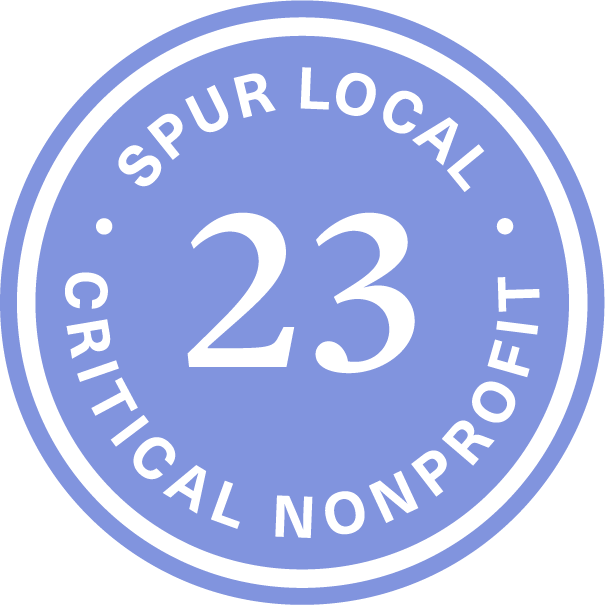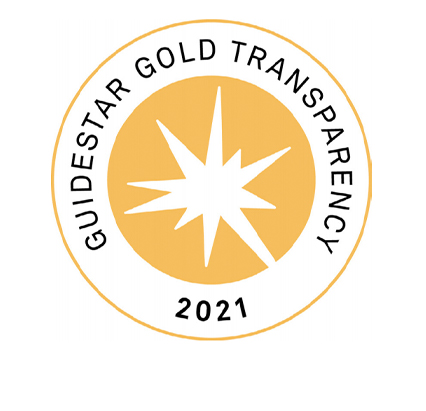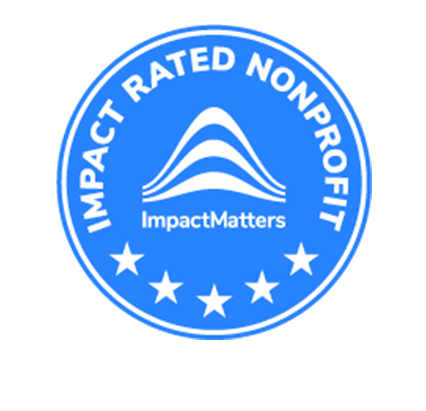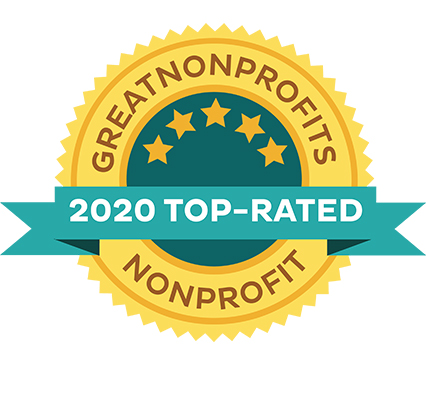
Do racial minorities in the United States suffer from more mental illness than white Americans? There isn’t enough available research to give this question an informed answer (though some of what we do have suggests the answer is no). But what has been thoroughly researched and proven is that racial minorities receive much less support when they do suffer from mental health issues, as the majority of Americans will at some point in their lives. These disparities in treatment only grow when further minority identities are acknowledged.
There can be cultural reasons for such disparities. While a general feeling of mistrust towards the medical community has historic origins rooted in the abuse of minorities, specifically Black and Native Americans, recent studies have observed that even when Black Americans are just as likely to believe mental health professionals can help with major mental health crisis like schizophrenia and depression, there is a tendency to believe these issues can also self-resolve. These beliefs may stem from cultural practices, religious dogma, or even online disinformation.
But regardless of the reason why some minorities will occasionally limit their exposure to the medical community, when they do reach out for mental health help, the largest barrier to getting it is a systemic lack of resources.
To help you navigate the often frustrating landscape of resources available, below you can find a list of resources for BIPOC communities, LGBTQ+ communities, and all those who intersect between the two.
BIPOC Mental Health Provider Directories
- Inclusive Therapists: Virtual directory of culturally competent and social justice-oriented therapists; includes list of therapists currently offering reduced-fee teletherapy
- Clinicians of Color Directory: Virtual directory of mental health clinicians with diverse racial and ethnic backgrounds
- Melanin & Mental Health Directory: Virtual directory of culturally competent mental health clinicians for Black & Latinx/Hispanic communities
- Asian Mental Health Collective Directory: Virtual directory of Asian, Pacific Islander, and South Asian American mental health providers
- National Asian American Pacific Islander Mental Health Association: List of mental health and behavioral service providers for Asian Americans, Native Hawaiians, and Pacific Islanders across 50 U.S. states
- South Asian Mental Health Initiative & Network Provider Directory: Virtual directory of South Asian mental health providers
- Therapy for Latinx: Virtual directory of therapists for the Latinx community
- Latinx Therapy: Virtual directory of mental health providers for Latinx community
- Black Emotional And Mental Health (BEAM) Virtual Therapist Network: Virtual directory of Black wellness providers including mental health therapists
- Boris Lawrence Henson Foundation Resource Directory: Virtual directory of mental health providers, programs and resource materials for the Black community
- Black Mental Health Alliance Database: Virtual directory of culturally competent and patient-centered licensed mental health professionals for the Black community, offering confidential referrals
- Therapy for Black Girls Directory: Virtual directory of culturally competent therapy providers for Black women and girls, searchable by location. Fellowships and financial assistance are available through the Loveland Foundation
- Therapy for Black Men Directory: Virtual directory of clinicians providing therapy for Black men
Virtual Resources for BIPOC communities
Apps
- The Safe Place: Free smartphone app focused on psychoeducation and self-care for minority mental health, geared towards the Black community
- Liberate: Smartphone app for daily meditation designed for the BIPOC community and led by BIPOC teachers (free trial followed by monthly or annual subscription)
Resource Libraries
- Black Emotional and Mental Health Toolkit & Resources: Library of interactive handouts, journaling prompts, and social media posts to destigmatize mental illness in the Black community
- Sista Afya Resources: Library of mental wellness resources centered on Black women, including strategies for healing, building social support, and finding mental health services
- Asian American Health Initiative Resource Library: Library of mental health resources, including accessible stories and videos, available in English, Chinese, Korean, Vietnamese, and Hindi
Resource Lists
- 44 Mental Health Resources for Black People: List of resources including links to influential thinkers and organizations focused on mental health in Black communities, directories for Black mental health practitioners, and helpful tips for seeking support
- COVID-19 Resources from the Asian American Psychological Association: List of resources for Asian American individuals including mental health self-care, responding to racism/harassment and COVID-19 stress, potential resources for assistance, and a list of culturally relevant mental health organizations
- Native & Indigenous Peoples Addiction & Mental Health Support from Live Another Day: List of resources to support Native and indigenous mental health with a focus on suicide prevention and substance use
- Addiction and Mental Health Resources for the BIPOC Community: List of addiction and mental health resources specifically for members of the BIPOC community compiled by Addictions.com
Further Reads
- Four Ways People of Color Can Foster Mental Health & Practice Restorative Healing: Article discusses practical ways to de-stigmatize mental health, practice self-care, and seek culturally competent mental health services
- Experiences of Racism and Stress and Anxiety for Black Americans: A Mindfulness and Acceptance-Based Coping Approach: Article from the Anxiety & Depression Association of America discusses link between experiences of racism and mental health, with a specific focus on anxiety; coping strategies that may be beneficial in the face of experiences of racism; and recognizing broader responsibilities outside individuals to reduce racism
- Coping with Racial Trauma: Article from the Institution for the Study and Promotion of Race and Culture with practical strategies for seeking support, engaging in self-care, gaining empowerment through resistance, and planning for recovery following experiences of racial trauma
- Racial Trauma Guide: Articles from the Engaging Minorities in Prevention Outreach Wellness Education & Research (EMPOWER) Lab on coping with racial stressors and being an ally
Resources for Specific Groups
Youth
- The Steve Fund: Library of resources to support mental health and emotional well-being of young people of color
- Includes a crisis text line for young people of color (text STEVE to 741741 to connect with a trained crisis counselor 24/7)
- Young People of Color Support Guide: Online guide to mental health concerns that young people of color may face during transitions from home to college, and from college to early adulthood
- We R Native: Library of resources for Native and indigenous youth with practical strategies for building resilience, coping with diverse mental health challenges, and seeking help and support
LGBTQ+
- QTPoC Mental Health Practitioner Directory: Virtual directory of mental health practitioners across the country for queer and trans people of color, provided by the National Queer and Trans Therapists of Color Network
- Curated resources such as hotlines, online support groups, and organizations for queer and trans people of color also available
- Resources for Members of the LGBTQ+ Community: Virtual directory of psychiatrists, therapists, text and chat services, and online communities specifically geared towards the LGBTQ+ community, provided by NAMI Massachusetts
- Asylum Connect Catalog: Free virtual platform that matches LGBTQ+ asylum seekers with vetted legal, medical, mental health and social services
Give Us The Floor: Nation-wide support groups for LGBTQ+ youth to build healthy connections, practice self-expression, and enhance psychological wellness
Donovan Trott, Manager, Development & Communications




